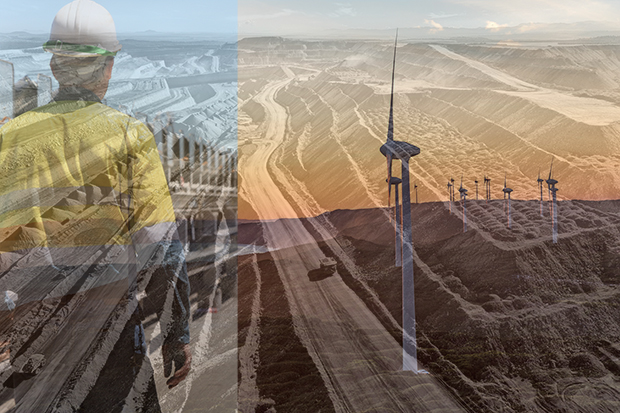
Environment & Climate Change, News
Reflections from COP22: Putting the Paris Agreement into Action
Steve Nicholson | November 29, 2016
Around this time last year, the world’s attention was on COP21 and the Paris Agreement, the historic agreement within the United Nations Framework Convention on Climate Change that saw governments agree to work together to tackle climate change.
A year on at COP22 in Marrakech, Morocco which I was fortunate to attend, the Paris Agreement is still very much the focal point with the agreement coming into force on 4 November. Building on the Paris Agreement, COP22 focused on turning rhetoric into action and fleshing out the details of the deal, and while detail doesn’t always seem as exciting, In my opinion, it is the detail that will see the change we desperately need.
COP22 was my first ‘COP’ experience so I went in with open mind and an expectation of seeing firsthand how the global community was moving forward after COP21. Well, if scale counts for anything the ‘Green Zone’ (the public space, as opposed to the ‘Blue Zone’ where the official activities took place) was packed with many companies exhibiting their environmentally-friendly activities. The diversity was my first big impression, with so many companies developing products and services that would not have existed five years ago, ranging from electric bikes, cars and buses to household water treatment and a myriad of Solar power utilities and products.
Once again, politicians and governments joined the private sector and other organisations to address the carbon problem plaguing our planet, each reaffirming their commitment and sharing the same goal of reducing carbon emissions.
In what was an interesting and insightful 14 days, there was an overwhelming sense that more needs to be done and a concerted effort is required to reach the ambitious goals outlined in the Paris Agreement.
I was taken by the prevailing air of energy and excitement abounding in the Green and Blue Zones. There is a definite sense of traction in the many diverse approaches to keeping global warming limited to an increase of 1.5°C.
While COP was used as a stepping stone to putting actions in place from the Paris Agreement, countries, politicians, businesses and organisations used the summit as an opportunity to announce new initiatives, strategies and finance.
Defining value: Why we must put a price on nature
Developing practical solutions to tackle climate change is essential if the full potential of the Paris Agreement is to be realised.
Part of the solution is ensuring that everyone plays their part, including governments and the private sector. Putting a price on nature to define value was a practical solution advocated by the High Carbon Stock Steering Group at COP22 to encourage action by the private sector.
Of course the natural world provides us with benefits which are difficult to quantify, but to ensure private sector involvement in tackling climate change, a language more familiar to the worlds of finance and business needs to be defined. By this, I mean placing a value on the goods and services provided by the world’s ecosystems that communities and businesses rely on.
Valuing the services provided by nature is a key step in encouraging private sector action to protect the world’s rainforests and reduce greenhouse gas emissions. By enabling businesses to understand their dependency on natural resources and the risk or return potential presented by climate change, businesses can ensure they are economically invested in the survival and protection of our landscapes.
Approaches that help to demonstrate the value of Natural Capital such as the High Carbon Stock Approach (HCSA), must play a more prominent role in developing climate finance.
Assigning a financial value to natural capital makes it possible to match climate change targets and funding with tangible action on the ground.
While COP22 has concluded, climate change talks will continue long after Marrakesh as government and business continue to turn the Paris Agreement into tangible actions. It is imperative that practical solutions are implemented, actions are transparent and both the private and public sector are accountable in order to reduce our carbon emissions and safeguard our planet for future generations.
My impression of our own Government’s commitment to climate change is very much refreshed by the level of participation at COP22, particularly in Minister Freydenberg’s chairing of the Asia Pacific Rainforest Recovery Partnership and Global Landscapes Forum.
Author
Steve Nicholson, Solaris Paper
Steve Nicholson is the Director of Sustainability at Solaris Paper. Solaris Paper is an Australian operated and managed affiliate of Asia Pulp and Paper (APP), distributing high quality toilet and tissue paper products throughout the Australasia region to both wholesale and retail markets.
Solaris Paper maintains a strict, zero-tolerance policy for illegal fibre entering the supply chain and implements comprehensive, independently audited systems to ensure that the raw materials it purchases are from legal and responsibly managed forests.

